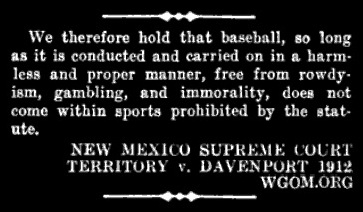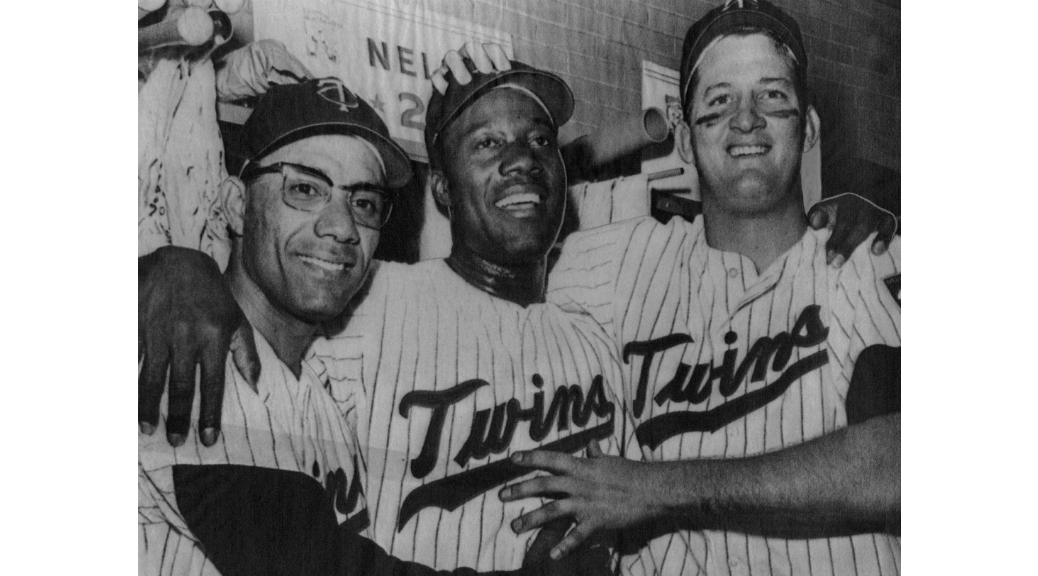DETROIT 7, MINNESOTA 6 IN MINNESOTA
Date: Tuesday, August 31.
Batting stars: Zoilo Versalles was 3-for-4 with three doubles and a walk, scoring twice. Bob Allison was 2-for-4 with a home run (his twenty-first) and three RBIs. Don Mincher was 2-for-4 with a triple and a walk, driving in two.
Pitching star: Johnny Klippstein pitched 2.1 scoreless innings, giving up two hits and a walk with one strikeout.
Opposition stars: Bill Freehan was 4-for-5 with a home run (his ninth) and a stolen base (his second), driving in three. Norm Cash was 1-for-5 with a three-run homer (his twentieth) and two runs. Jerry Lumpe was 4-for-5 with a run and an RBI.
The game: The Twins again let one get away at the end. Allison had an RBI single in a two-run first that put the Twins ahead 2-0. It was 2-1 after four, but Cash hit a three-run homer in the fifth to give the Tigers a 4-2 lead. The Twins responded in the bottom of the fifth, as Mincher hit a two-run triple in a three-run inning that gave the Twins a 5-4 advantage. It was tied 5-5 when Allison hit a home run in the seventh that put the Twins up 6-5. In the ninth, however, an error and Freehan's two-run homer off Mel Nelson put the Tigers in the lead for good at 7-6. The Twins got a one-out single in the ninth from Earl Battey but could do nothing with it.
Of note: Joe Nossek was 0-for-4 with a walk and two runs. Rich Rollins was 2-for-5 with a run. Battey was 1-for-5 with an RBI. Mudcat Grant started and pitched well for four innings, but his line was 4.1 innings and four runs on eight hits and one walk with three strikeouts.
Record: The Twins dropped to 84-50. The White Sox dropped a doubleheader to Baltimore, so the Twins lead moved to 7.5 games.
Notes: Nossek played center field in place of Jimmie Hall...The Twins used six pitchers in the game, a high number for this era. Grant, Dave Boswell, Dick Stigman, Klippstein, Bill Pleis, and Nelson all pitched...Klippstein had a tremendous year for the Twins, going 9-3, 2.24, 1.18 WHIP in 76.1 innings (56 appearances). He was near the end of a long career, one which started with the Cubs in 1950. He never pitched well as a starter, despite which he was allowed to make 161 career starts. In that role, he was 42-77, 4.85, 1.55 WHIP. As a reliever he was 59-41, 65 saves, 3.69, 1.40 WHIP, which isn't awesome but is significantly better. He turned a corner when he went to Philadelphia in 1963 at age 35: from 1963-66, he was 17-15, 2.37, 1.28. One thing that helped was that he improved his control: his walks per nine innings had consistently been in fours and fives, but dropped to the threes after that.

